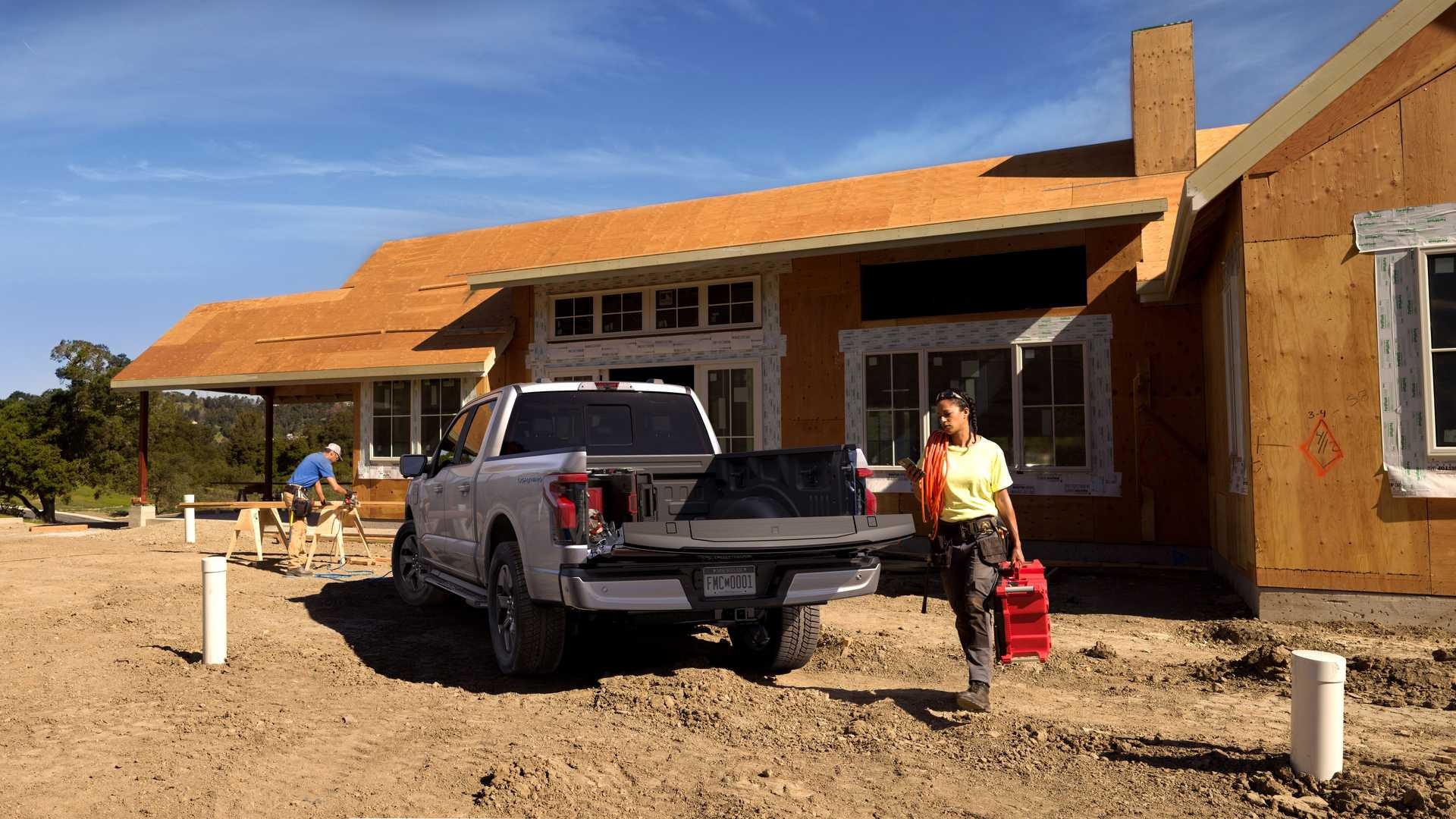Ford has already announced its intentions to sell only electric passenger vehicles in Europe by 2030, if not even sooner. As it turns out, the transition to zero emissions will be accelerated globally as the Blue Oval estimates four out of ten cars it will sell globally by the end of the decade won’t have an internal combustion engine.
In other words, the Dearborn marque projects EVs will account for 40% of its worldwide sales by 2030. Fueling the demand for electric vehicles will undoubtedly be the Mustang Mach-E SUV as well as the recently unveiled F-150 Lightning. At the same time, the E-Transit due to hit the road later this year will also play an important role in Ford’s gradual shift to an all-electric lineup.

To get there, the company will be investing more than $30 billion by 2025 in the development of batteries and all things related to EVs. The new Ford Ion Park is billed as being a “global center of battery excellence” where more than 150 experts in various fields will work together to extract more range from batteries and drive down production costs.
A wide array of EV batteries will be offered, including IonBoost Pro lithium iron phosphate for commercial vehicles and the highly anticipated solid-state batteries offering a significantly longer range and low production costs. Ford is creating a joint venture with SK Innovation called BlueOvalSK to make battery cells at two factories in the United States for both Ford and luxury Lincoln models.
On a related note, Ford is happy to report the F-150 Lightning has generated 70,000 reservations since the fullsize electric truck was unveiled last week. The $100 fully refundable deposits will be turned into actual orders this fall, prior to the start of deliveries planned for next spring. The Tesla Cybertruck rival starts at just under $40,000 and can even cost $90,000 for the fully loaded version.
Source: Ford
